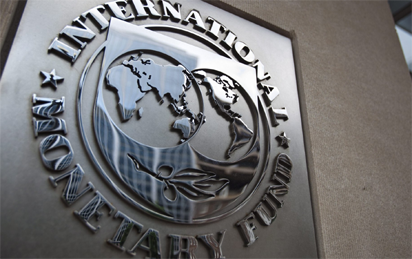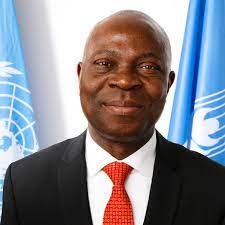The International Monetary Fund (IMF) has advised the Nigerian government to end its fuel subsidy regime in order for the country to benefit from the current rise in oil prices at the international market.
The Washington-based institution which gave this advice in a report titled ‘Africa Faces New Shock as War Raises Food and Fuel Costs’, projected that Nigeria and other countries in Sub-Saharan Africa (SSA) would spend $19 billion more on fuel imports as a result of higher oil prices.
The report stated: “Net exporters, like Nigeria, are likely to benefit from rising oil prices, but a fiscal gain is only possible if the fuel subsidies they provide are contained.
“It is important that windfalls are largely directed to strengthen policy buffers, supported by strong fiscal institutions such as a credible medium-term fiscal framework and a strong public financial management system”, it added.
According to the IMF, following the Russia’s invasion of Ukraine, SSA countries are experiencing a rise in food and fuel prices, regional inflation is anticipated to remain at 12.2% in 2022 and 9.6% in 2023
The report further clarified: “Prices for food, which account for about 40 per cent of consumer spending in the region, are rising rapidly.
“Around 85 per cent of the region’s wheat supplies are imported. Higher fuel and fertilizer prices also affect domestic food production. Together, these factors will disproportionately hurt the poor, especially in urban areas, and will increase food insecurity.
“Higher oil prices will boost the import bill for the region’s oil importers by about $19bn, worsening trade imbalances and raising transport and other consumer costs.
“Oil-importing fragile states will be hit hardest, with fiscal balances expected to deteriorate by around 0.8 per cent of gross domestic product compared to the October 2021 forecast—twice that of other oil-importing countries,” the IMF stressed.




